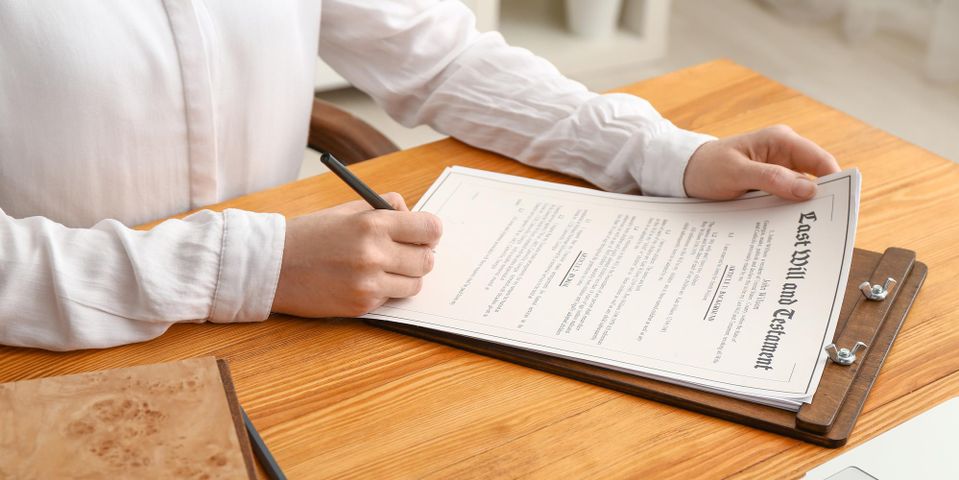
Wills and trusts play an integral role in the estate planning process. They each provide you with the opportunity to remain in control of your assets even after you’ve passed away. However, beyond this basic function, they are distinctly different from one another. Consulting a lawyer on how they both work is imperative so you can make certain your property and the interests of your loved ones will be properly protected upon your death. Here is an overview of what these two estate planning tools can accomplish.
Understanding How Wills & Trusts Work
What Is a Will?
 When you draft a will with your lawyer, it won’t go into effect until you pass away. Generally, you’ll choose an executor to help administer your estate and carry out your final wishes. With this document, you can make arrangements for a property that is under sole ownership and address issues such as the guardianship of minor children, funeral plans, and debt forgiveness. These are matters that cannot be included in a trust. Without a valid will in place, the court is given authority to name a guardian and distribute the deceased’s assets according to state intestacy laws. One of the most important points to know about wills is that they must go through the probate process to verify their authenticity. In turn, this will make the details of the estate public record.
When you draft a will with your lawyer, it won’t go into effect until you pass away. Generally, you’ll choose an executor to help administer your estate and carry out your final wishes. With this document, you can make arrangements for a property that is under sole ownership and address issues such as the guardianship of minor children, funeral plans, and debt forgiveness. These are matters that cannot be included in a trust. Without a valid will in place, the court is given authority to name a guardian and distribute the deceased’s assets according to state intestacy laws. One of the most important points to know about wills is that they must go through the probate process to verify their authenticity. In turn, this will make the details of the estate public record.
What Is a Trust?
Unlike a will, trusts are designed to go into effect as soon as they are created. An appointed trustee will hold title to the assets placed inside a trust on behalf of the designated beneficiaries. They will be responsible for overseeing the distribution of property after the trust’s owner has passed away or become incapacitated. A trust can hold a variety of assets, including real property, personal possessions, stocks, bonds, business interests, and insurance policies. Additionally, trusts aren’t subject to probate, keeping matters of the estate private and allowing for a quicker distribution of assets.
When preparing for the future, many people find it effective to use both a will and trust. The best way to determine which estate planning tools are most suitable for your specific situation is to consult with a lawyer at Bitar & Bitar, LLP. They offer more than 60 years of combined legal experience and will help you develop a comprehensive estate plan that meets all your goals. Numerous residents throughout Western Pennsylvania have entrusted them to help ensure their final wishes will be honored. Call (724) 339-1025 to request a lawyer consultation or visit them online to learn more about the services they offer.
About the Business
Have a question? Ask the experts!
Send your question

